The Verkhovna Rada has adopted a resolution in which it defined the political regime in Russia as ruscist.
The term “ruscism” was previously actively used by politicians, scholars, and publicists. It has been in most active use since 2014. The resolution of the Ukrainian Parliament was the world’s first regulatory act featuring this term and defining it.
Origins of ruscism
Ukrainian legislators considered the pieces by Timothy Snyder, Anne Applebaum, Mark Lipovetsky, and other researchers. The resolution states that ruscism is a totalitarian ideology and practice, the formation of which was influenced by:
● Russian chauvinism and imperialism (feeling of superiority in respect to other peoples and confidence in the right of Russians to rule over them);
● Soviet totalitarian regime;
● German National Socialism (Nazism).
Features of ruscism
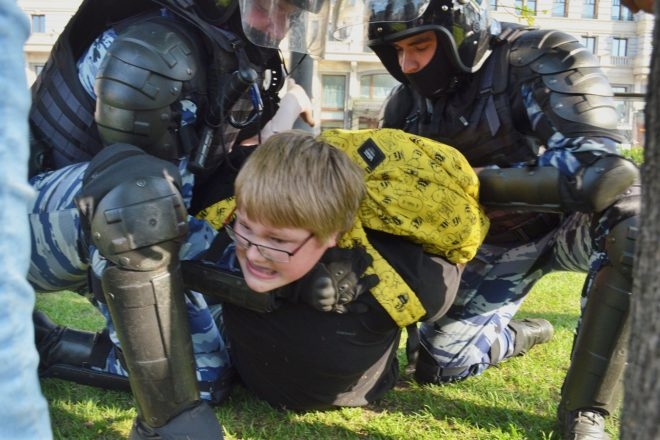
● Systemic violations of human rights and freedoms
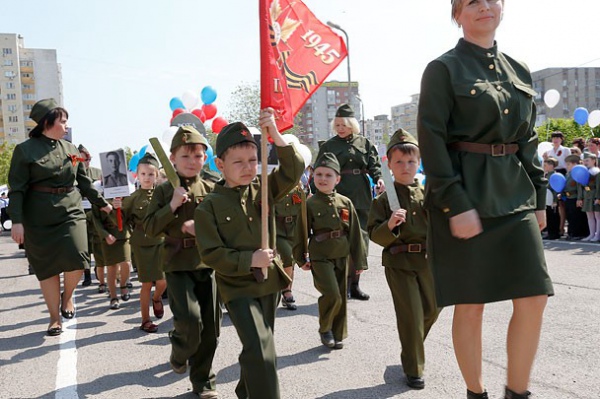
● cult of force and militarism
● cult of the leader of the state
● self-exaltation of Russians and denial of the existence of other peoples (spreading the narrative of the “united” or “brotherly” people and Russia as an “elder brother”)
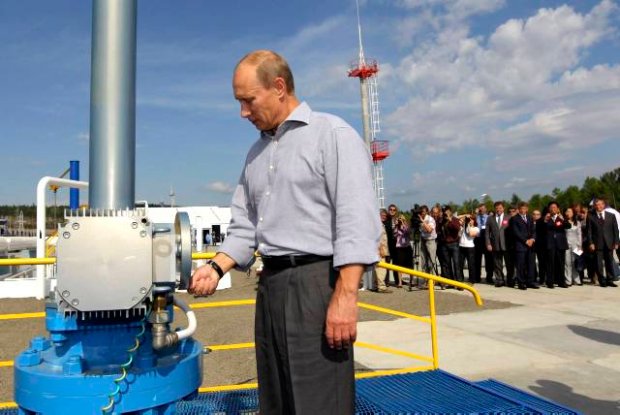
● economic and energy blackmail of other states
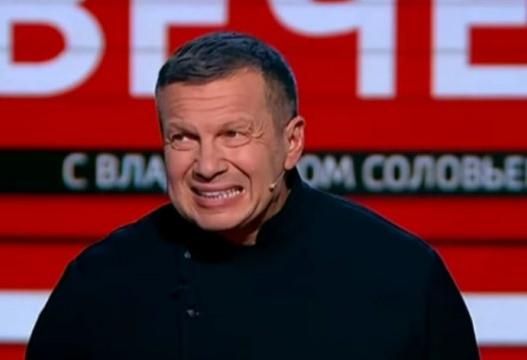
● threats to use nuclear weapons
● dissemination of the Russian language and culture among other peoples, the use of the Russian Orthodox Church and the media to spread the ideology of the “Russian world”
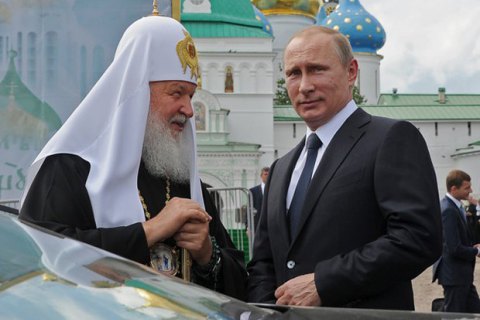
● systematic violation of the territorial integrity of other states, disregard for international law

● creation of illegal armed groups on the territory of other states, financing of terrorism

● systematic commission of war crimes and crimes against humanity
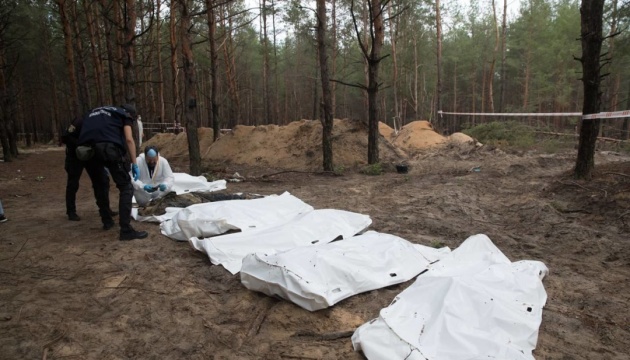
● application of methods of terror, genocide, organization of persecution on national, religious, and other grounds.
